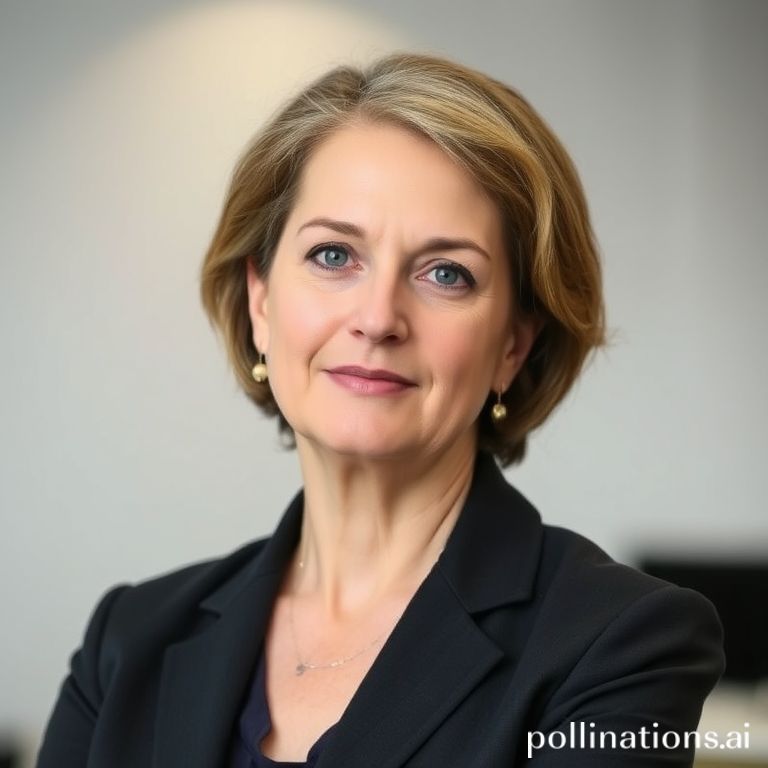BA & Apple: Avios Redefined as Loyalty Shifts to Lifestyle Ecosystems

The recent strategic alliance between British Airways (BA) and Apple, enabling passengers to redeem their Avios points for Apple products, marks a significant inflection point in the evolution of airline frequent flyer programs. This partnership, as articulated by Christine Bourdon, Chief Design Director at the global experience design firm Designit, signals a profound reorientation for loyalty schemes, moving them from traditional travel-centric models towards comprehensive ‘lifestyle ecosystems.’ Such a development underscores an industry-wide recognition that customer loyalty is no longer solely cultivated during the journey but rather nurtured through an integrated, holistic customer experience that permeates daily life.
The Paradigm Shift in Airline Loyalty Programs
Historically, airline loyalty programs were primarily structured around flight accumulation and redemption, offering upgrades, discounted tickets, or access to exclusive airport lounges. While effective within their initial scope, these models often treated loyalty as an add-on to the core travel service. However, contemporary market dynamics—characterized by heightened competition, evolving consumer expectations, and the pervasive influence of digital technologies—have necessitated a re-evaluation of this approach. The BA-Apple collaboration stands as a seminal example of this re-evaluation in action.
Beyond the Boarding Pass: Embracing Lifestyle Integration
Bourdon’s analysis posits that this partnership transcends a mere transactional exchange, instead exemplifying a strategic pivot towards what she terms "lifestyle ecosystems." This concept suggests that passenger loyalty is increasingly divorced from the singular act of flying, becoming instead an extension of an individual's broader lifestyle. By allowing Avios points to be converted into tangible technology products, BA is delivering value that resonates with customers in their everyday existence, not exclusively within the confines of air travel.
As Bourdon aptly remarks, “British Airways has placed the passenger experience centre stage through its partnership with Apple, recognising that travel doesn’t start and end on the plane. Letting customers spend Avios on everyday tech delivers real value, in the places people live, not just the places they fly.” This perspective highlights a crucial understanding: for modern consumers, loyalty is fostered when a brand seamlessly integrates into their routine, offering practical and desirable benefits that enhance their daily lives. This integration transforms frequent flyer schemes from simple travel incentives into robust, multi-faceted platforms designed to address a wider spectrum of consumer needs and aspirations.
Drivers of Change: Consumer Expectations and Digital Transformation
The impetus for this transformative shift stems from a convergence of factors, chief among them evolving consumer expectations and the accelerating pace of digital transformation. Today's consumers demand convenience, personalization, and immediate gratification across all touchpoints. They expect loyalty programs to be flexible, valuable, and easily accessible, integrating effortlessly with their digital lifestyles. Companies like Apple, with their deeply embedded technological ecosystems, provide an ideal conduit for airlines to meet these demands.
Moreover, the broader fintech landscape has demonstrated the power of digital innovation in creating seamless, value-driven experiences. The ability to manage and redeem loyalty points through digital wallets or integrated platforms aligns perfectly with current consumer preferences for digital-first interactions. This technological synergy allows airlines to not only enhance their value proposition but also to gather richer data insights into customer behaviors and preferences, paving the way for even more sophisticated and personalized offerings.
Strategic Implications for Airlines
For airlines, embracing this "lifestyle ecosystem" model carries several significant strategic implications:
- Enhanced Customer Retention and Acquisition: By offering more diversified and relevant rewards, airlines can strengthen existing customer relationships and attract new segments who may not be primarily motivated by flight-specific benefits.
- Deeper Brand Connection: Integrating into customers' daily lives through valuable partnerships fosters a stronger emotional connection and brand affinity, moving beyond transactional loyalty to genuine preference.
- New Revenue Streams: Collaborations with non-travel brands open up novel avenues for revenue generation, potentially transforming loyalty programs into profit centers rather than just cost centers.
- Data-Driven Personalization: Partnerships with diverse brands provide richer data, enabling airlines to develop highly personalized offers and communications, further enhancing customer engagement.
The Future Landscape: Tailored Offerings and Broader Partnerships
Looking to the future, Bourdon forecasts that this trend will lead to increasingly refined and bespoke offerings from airlines. This could manifest in several innovative ways:
- Subscription-Based Tiers: Loyalty programs may evolve to include premium, subscription-based tiers offering a consistent stream of elevated perks and exclusive benefits, both travel and lifestyle-oriented.
- Bundled Perks: Beyond traditional flight benefits, loyalty programs will likely offer bundled perks encompassing a wider range of services, such as access to entertainment platforms, wellness programs, or smart home solutions.
- Deeper Integration with Non-Travel Brands: The scope of partnerships will expand significantly, including extensive collaborations with leading brands across the retail, technology, and wellness sectors. This creates a vast network of redemption opportunities, cementing the program's role as a true lifestyle aggregator.
In essence, frequent flyer programs are rapidly transforming into sophisticated "lifestyle engines" designed to provide continuous value and engagement. This shift demands a proactive approach from airlines to identify and forge partnerships that resonate deeply with their customer base, creating an ecosystem where loyalty is earned not just in the skies, but in every facet of the customer’s existence.
The British Airways and Apple partnership is thus more than a singular collaboration; it is a clear indicator of a profound industry transformation. It heralds a new era where airline loyalty programs are reimagined as dynamic lifestyle platforms, offering diverse, tangible value that transcends the travel experience and fosters enduring customer relationships through comprehensive digital integration.
